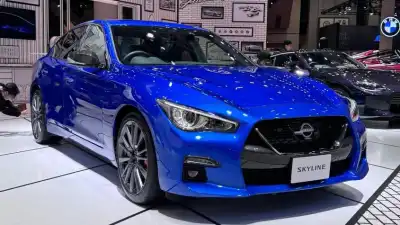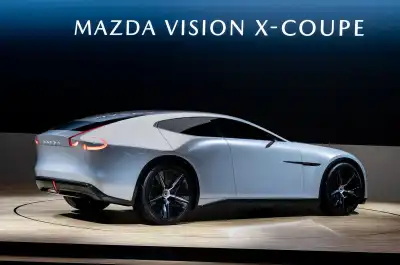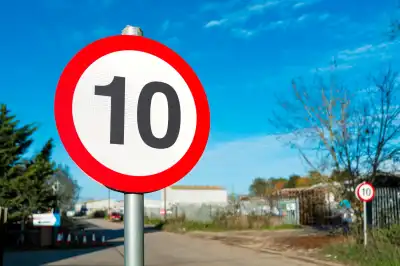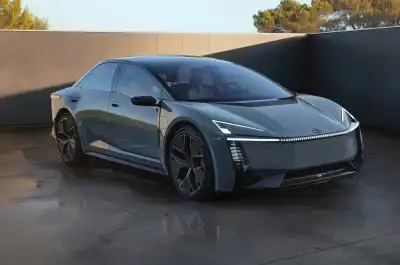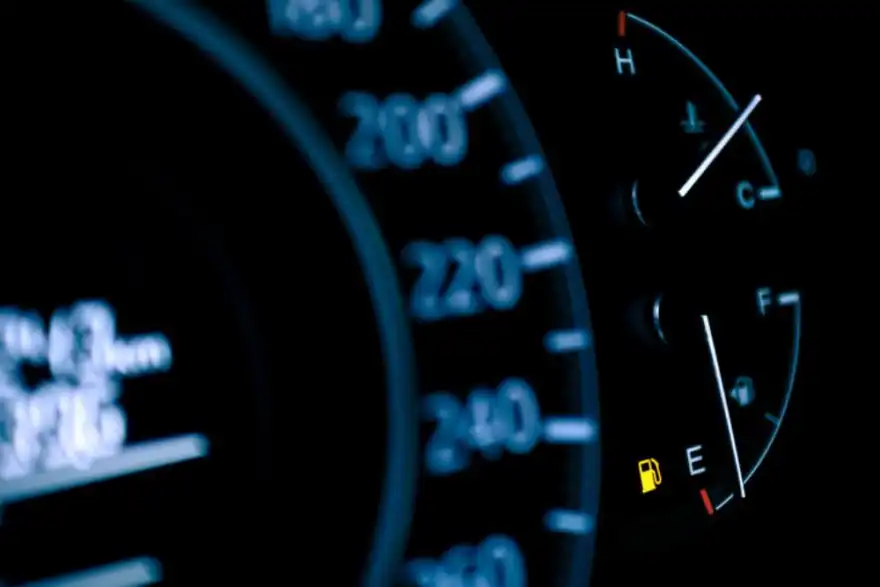
Motoring experts are urging UK drivers to stop ignoring their fuel warning light – especially during summer when long drives and traffic jams are more common.
While many drivers admit to waiting until the orange warning light appears before refuelling, this small signal could be alerting you to more than just a near-empty tank.
Running your car low on fuel doesn’t just increase your chances of breaking down – it can also damage your engine. In some cases, it could even land you in legal trouble.
How much fuel is really left?
Gordon Wallis, fuel expert at WeCompareFuelCards.com, says that once the warning light comes on, your tank is already running dangerously low – often with just 10–15% of its capacity left.
“That might seem like enough for a few more miles,” he says, “but it’s a risk. If you hit traffic or end up in a remote area, you could easily run out.”
Why it matters for your engine
Modern engines are more sensitive than older ones, and running on low fuel can wear out key components – especially the fuel pump. Gordon warns that consistently driving with minimal fuel can lead to costly repairs and reduce your vehicle’s lifespan.
Even if your car shows an estimated range, don’t rely on it too heavily. Gordon explains: “These estimates can drop quickly – especially in cold weather or stop-start traffic.”
The legal risks of running dry
It’s not illegal to drive with the warning light on, but if your car breaks down and blocks a road, you could be fined or given penalty points for careless or inconsiderate driving.
“If you cause an obstruction or accident by running out of fuel, it’s avoidable – and you could face real consequences,” Gordon adds.
How to make your fuel last longer
1. Maintain a steady speed Sudden acceleration uses more fuel. Drive smoothly and try to stay in the highest suitable gear within the speed limit.
2. Drive gently Avoid harsh braking or sharp steering. Anticipate the road ahead so you can slow down gradually, which is more efficient than constantly stopping and starting.
3. Limit air conditioning Both heating and cooling systems use fuel. If it’s safe, open a window instead of relying on the AC.
4. Don’t overfill your tank Only fill up with what you need. A full tank adds weight, which can reduce fuel efficiency.
5. Lighten your load The heavier your car, the more fuel it uses. Clear out unnecessary items from your boot and travel lighter where possible.

